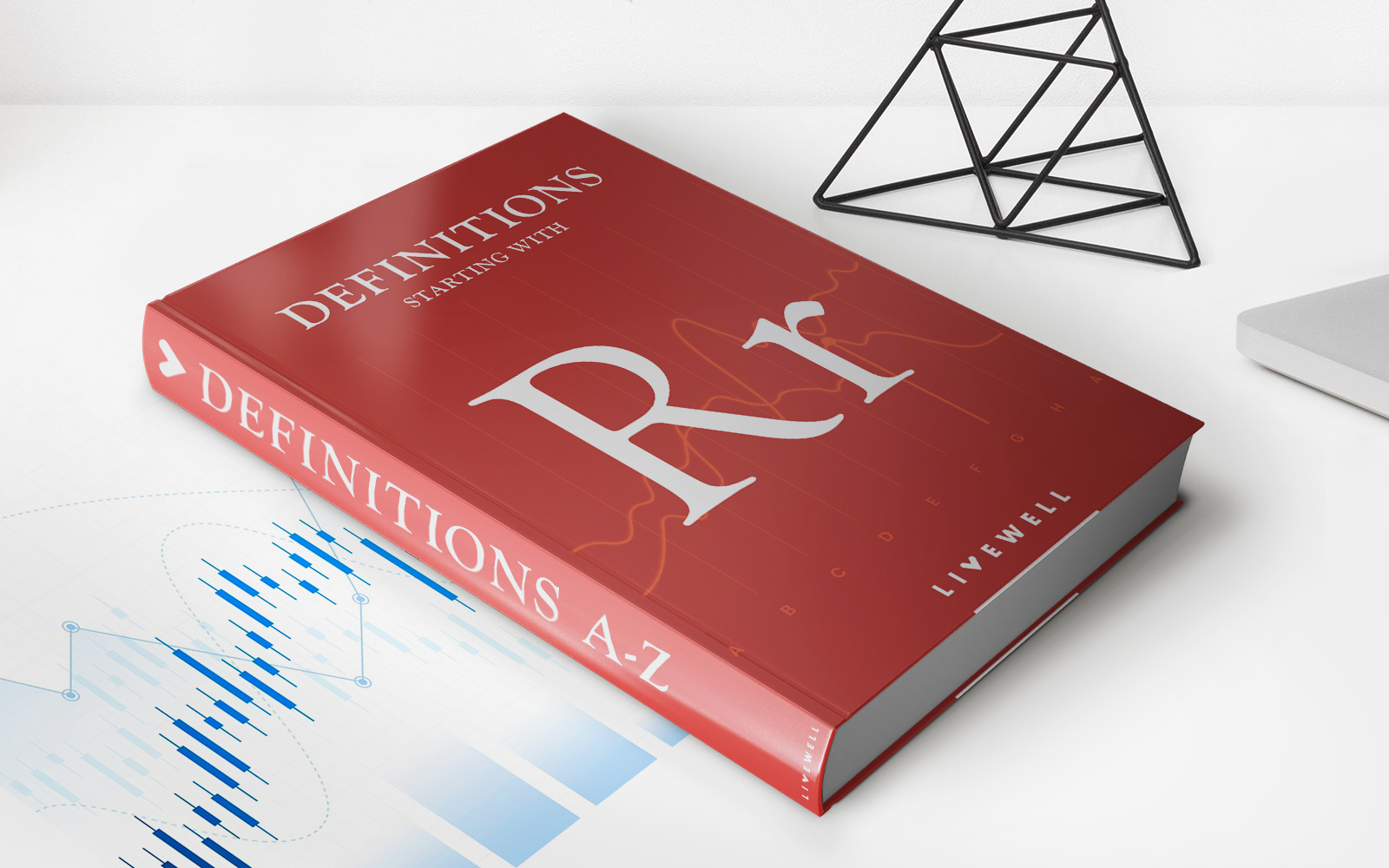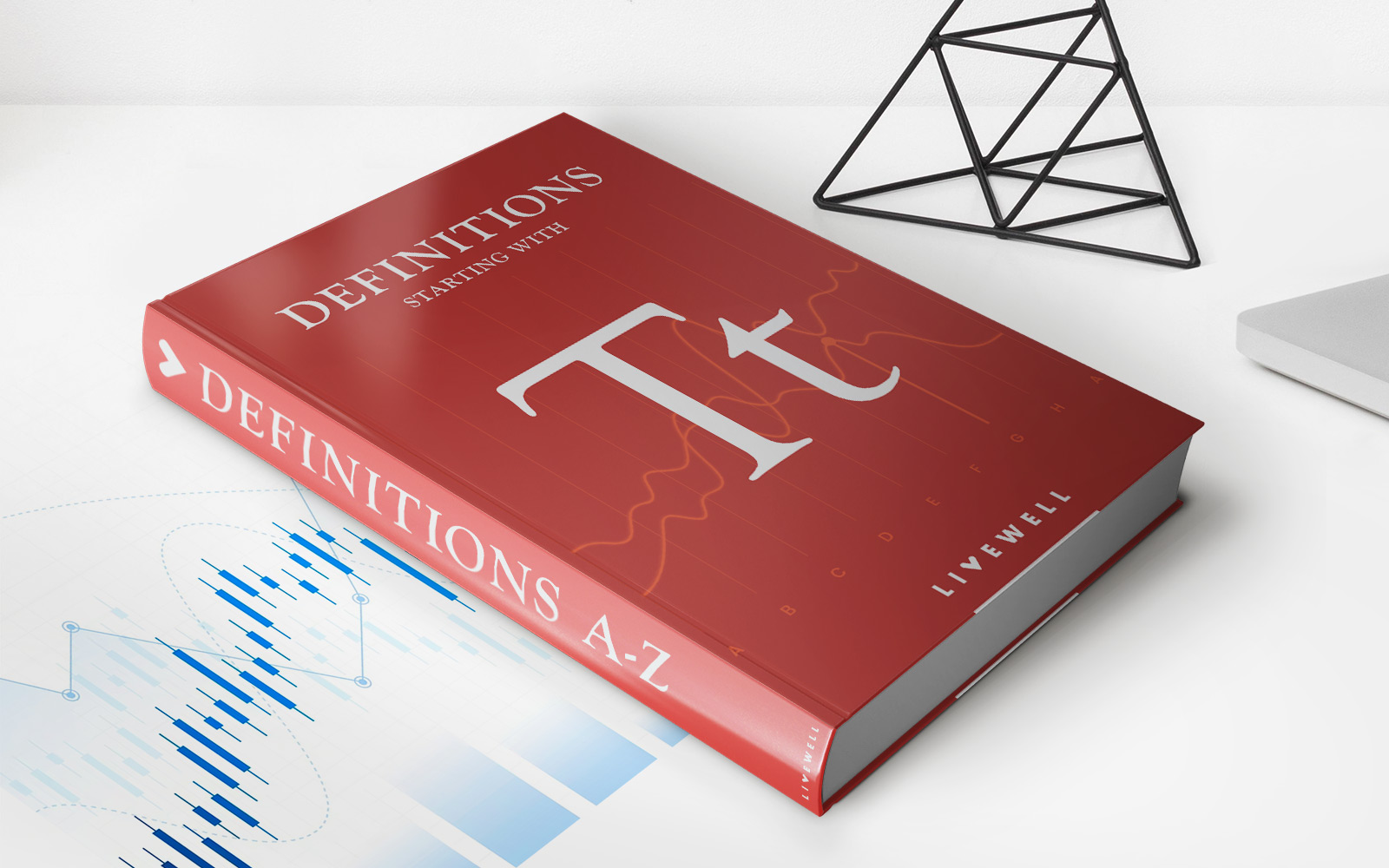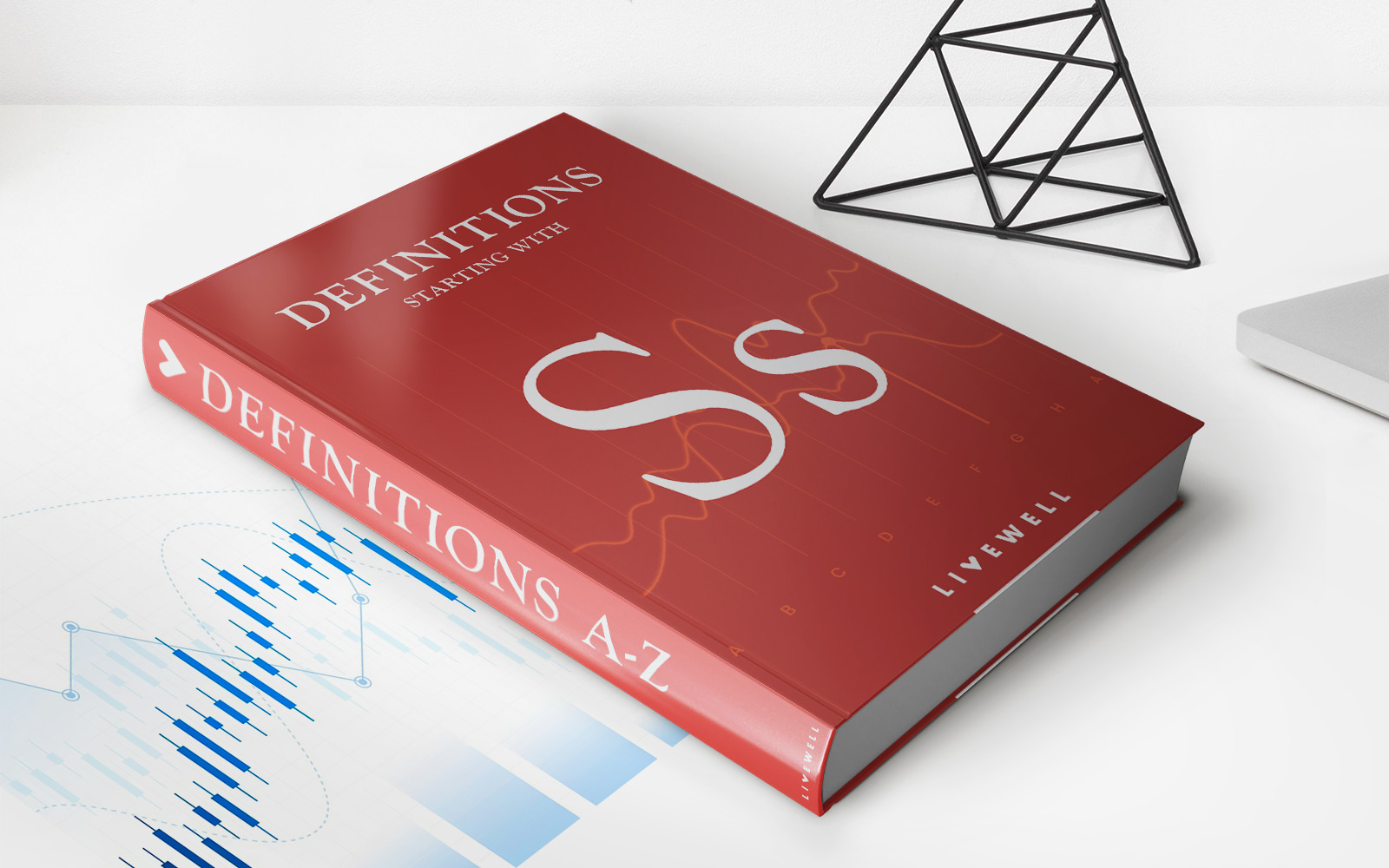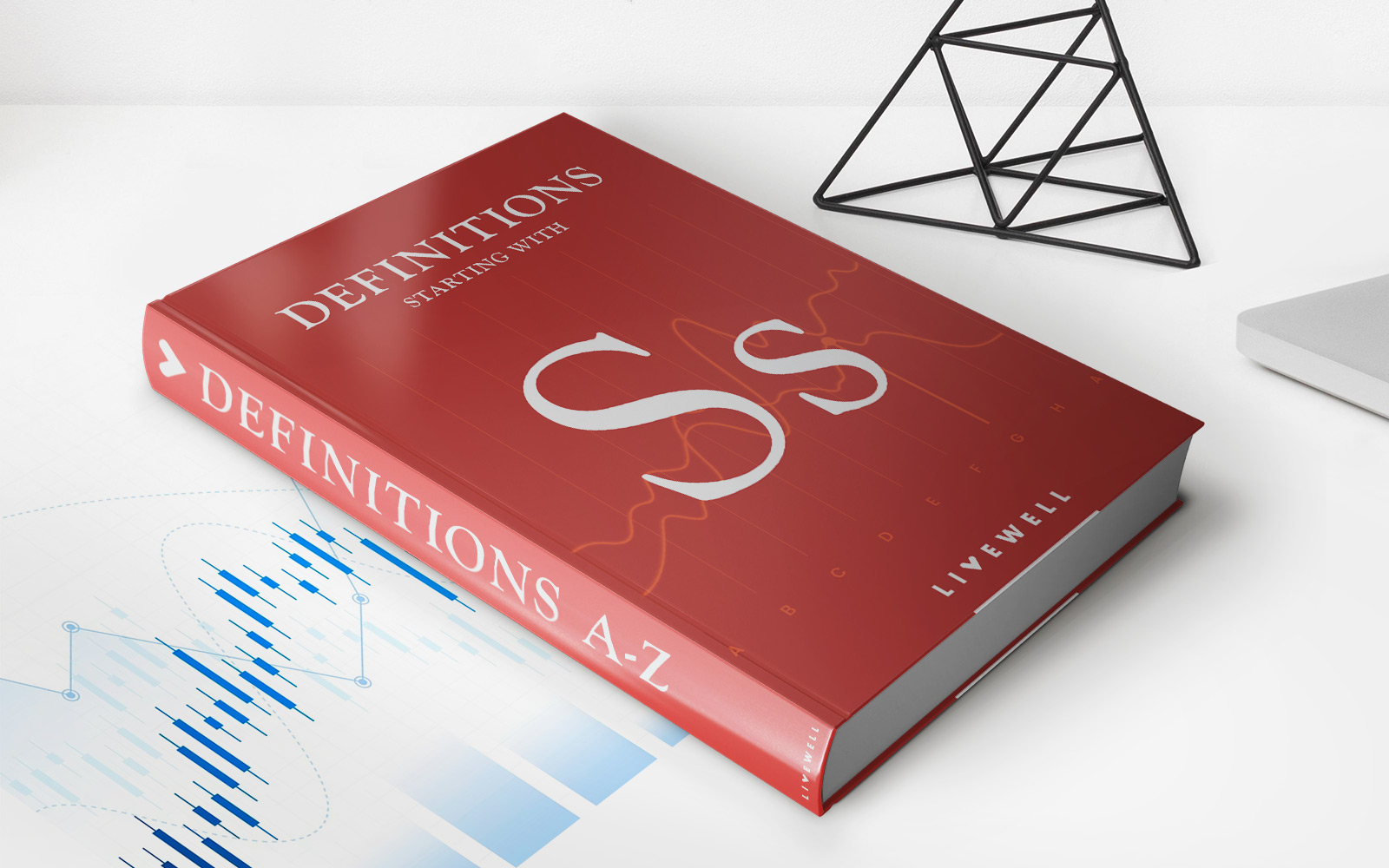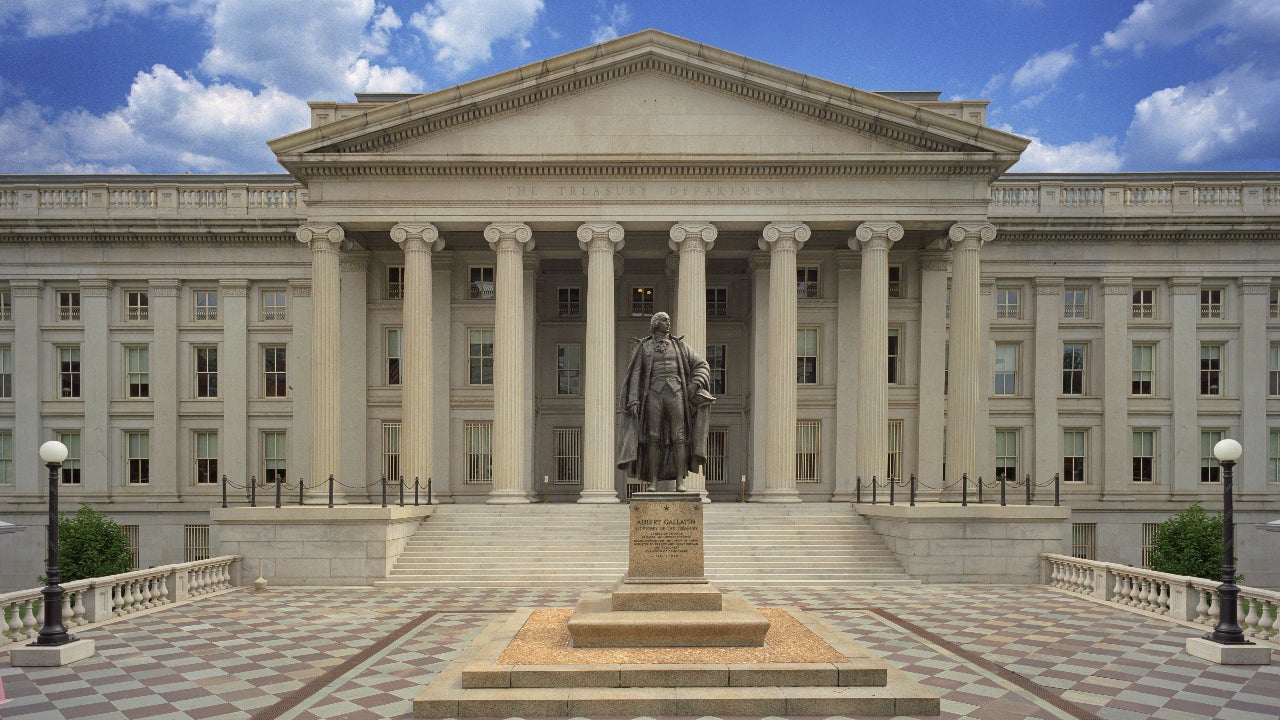Home>Finance>Infant-Industry Theory: Definition, Main Arguments, And History


Finance
Infant-Industry Theory: Definition, Main Arguments, And History
Published: December 9, 2023
Learn about the infant-industry theory in finance, its definition, main arguments, and historical background. Explore how this theory shaped the industry's development.
(Many of the links in this article redirect to a specific reviewed product. Your purchase of these products through affiliate links helps to generate commission for LiveWell, at no extra cost. Learn more)
What is Infant-Industry Theory?
Infant-Industry Theory is an economic concept that suggests that newly established industries should be protected and nurtured in their early stages, similar to how parents nurture and protect their infants. The theory argues that these industries need temporary protection from foreign competition to develop and become globally competitive.
Key Takeaways
- Infant-Industry Theory suggests that newly established industries need temporary protection from foreign competition to develop and become globally competitive.
- The main arguments in support of Infant-Industry Theory include market failure and the benefits of learning and achieving economies of scale.
Main Arguments of Infant-Industry Theory
There are several main arguments put forth by the proponents of Infant-Industry Theory:
- Market Failure: Supporters of Infant-Industry Theory argue that in the early stages of development, new industries often face market failures, such as lack of access to capital, learning curve inefficiencies, and imperfect information. By providing temporary protection, governments can help these industries overcome these challenges and establish themselves.
- Learning and Economies of Scale: Another key argument is that protecting infant industries allows them to learn from and catch up with industries in more advanced countries. This learning process can help these industries achieve economies of scale, reduce costs, and increase productivity, making them more competitive in the long run.
History of Infant-Industry Theory
The concept of Infant-Industry Theory can be traced back to Alexander Hamilton, the first Secretary of the Treasury of the United States. In his 1791 report titled “Report on Manufactures,” Hamilton argued that government protection and support were necessary to protect and nurture young industries. Hamilton’s ideas set the stage for debates and discussions on the role of government in promoting economic development.
Later, Friedrich List, a German economist, built upon Hamilton’s ideas and developed his own theory of national economic development. List believed that governments should protect and support domestic industries until they can compete on a global level. His book, “The National System of Political Economy,” published in 1841, further popularized the concept of Infant-Industry Theory.
Infant-Industry Theory gained additional prominence in the 20th century through the work of notable economists such as John Maynard Keynes and Arthur Lewis. Keynes argued for the necessity of government intervention to overcome market failures and stimulate economic growth, while Lewis focused on the concept of dual economies and the role of industrialization in transforming developing nations.
Overall, Infant-Industry Theory has played an influential role in shaping economic policies and debates around the world. While some critics argue that it can lead to protectionism and inefficiencies, proponents believe that it can be an effective strategy for promoting economic growth and development. Understanding the history and main arguments of Infant-Industry Theory can shed light on the ongoing discussions surrounding economic policies.



